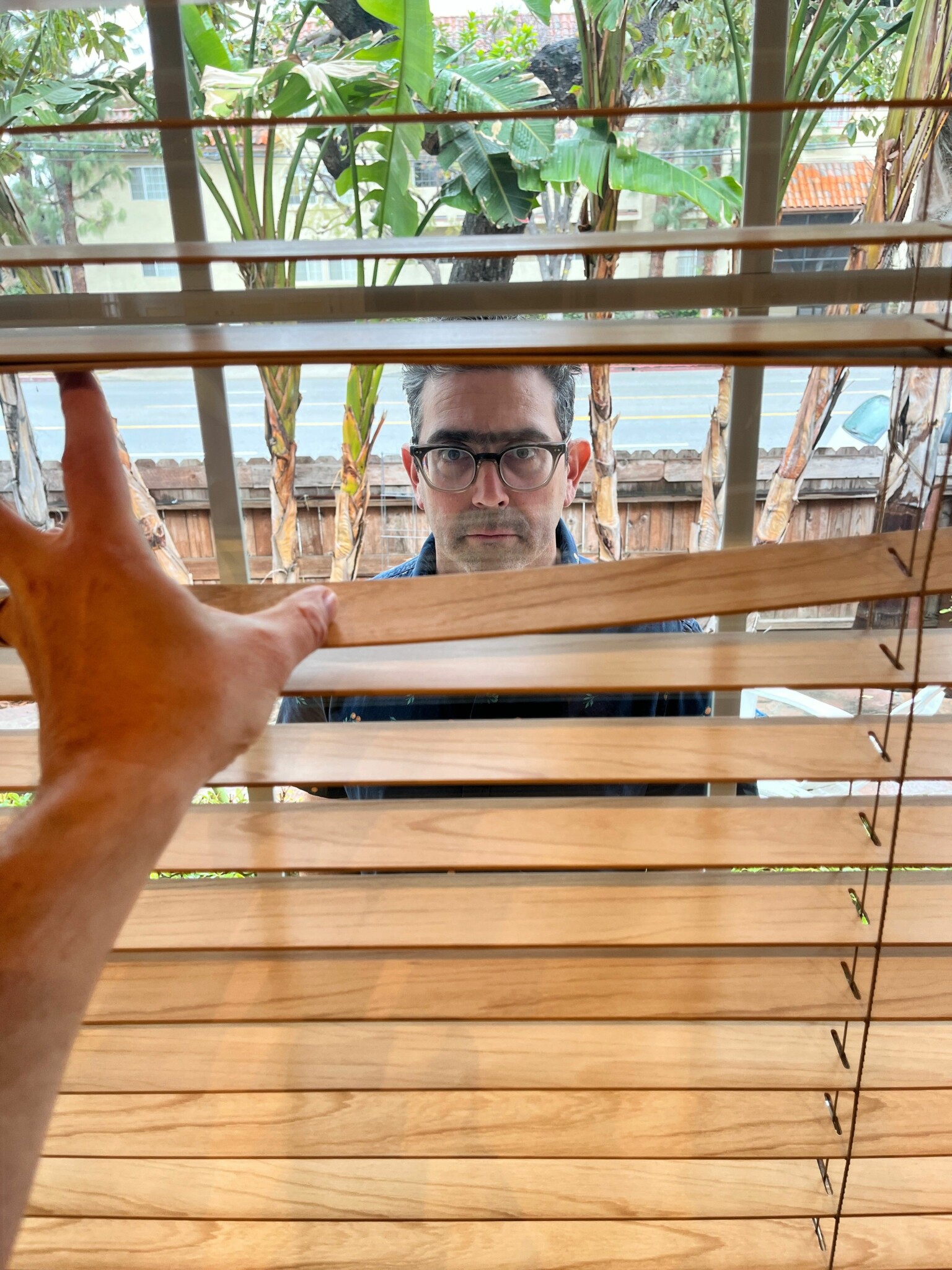We’re excited to introduce you to the always interesting and insightful Bryan Coffee. We hope you’ll enjoy our conversation with Bryan below.
Bryan, thanks for joining us, excited to have you contributing your stories and insights. How did you learn to do what you do? Knowing what you know now, what could you have done to speed up your learning process? What skills do you think were most essential? What obstacles stood in the way of learning more?
I learned acting by trial and error. Pretty much everything I have done with my life is just by trying it having some success some failure then learning what worked and what needs improvement. That’s why I always watch everything I do. I find it interesting that lots of performers do not like watching their work. I’m proud of all the work I do and when I watch my performance I get to see if the preparation I did produced the results I wanted. If it didn’t, I try learning from the experience. If it did, I still try to learn from the experience.
Much of what I did learn about acting I learned by getting up on stage and performing, and it was mostly with sketch comedy groups. My first group was called The Third Floor in Portland Oregon. This is where I honed my acting skills before working on TV and film. Sketch comedy is all about writing and performing. Two things I had never seriously done prior. I had to figure it out if I wanted time on stage because everyone in the group is expected to pull their weight. So, I sat down wrote sketches and said the words on stage. When you perform comedy, you learn quickly what works and what doesn’t. The conversation you are have with the live audience (did they laugh, didn’t they laugh) informs you how believable you are in that part and if what you write works. Now a-days I do less writing but I’m positive the writing I did early in my career sharpened my point of view as a performer. Everyone brings something to the stage or screen of themselves no matter how much of a transformation they make for the role. There is an inescapable story inside you no matter what character you play. This took me a while to understand when I made the shift to performing for the camera. People say the camera doesn’t lie, and that is true. On stage, especially in sketch, you can bend your story or truth to fit a character, but on camera your truth must fit the character otherwise the viewer will call bulls***. I’m sure there are actors who would disagree with me, but once I figured out what my “story” was, what I bring to the “show”, my career took off.
Sorry, I’m realizing I made a big time jump from the beginning of my career until today, so I’ll fill in the blanks. After moving to LA from Portland my friends and I formed a three-man sketch group called The Class Project, which morphed into a two-man show, when that ended, I wrote and performed a solo show. There’s nothing more nerve racking and fulfilling than having only yourself to rely on to tell a story. So much of acting is looking into your fellow performers’ eyes to know where you are. Solo performing makes you look into your own eyes. Ooooo, that’s deep, right? While I was creating and performing these shows I also studied at The Second City in LA. One of the best decisions I ever made. Learning what it really meant to improv a scene in a constructive way was one of the best lessons I’ve had as a performer. It helped me understand what makes a good story. Which has been helpful in every audition and every job I’ve booked.
You asked me what could have sped up my learning process? That is hard to say because the process is the process. Oooo, more deepness. I will say there were moments I hesitated on making some of these decisions and others. I do wish that I didn’t make those hesitations. I wish I just said yes, but even as I write that it’s hard to say those hesitations didn’t happen for a reason. And that statement is proof that I’m a Gemini.
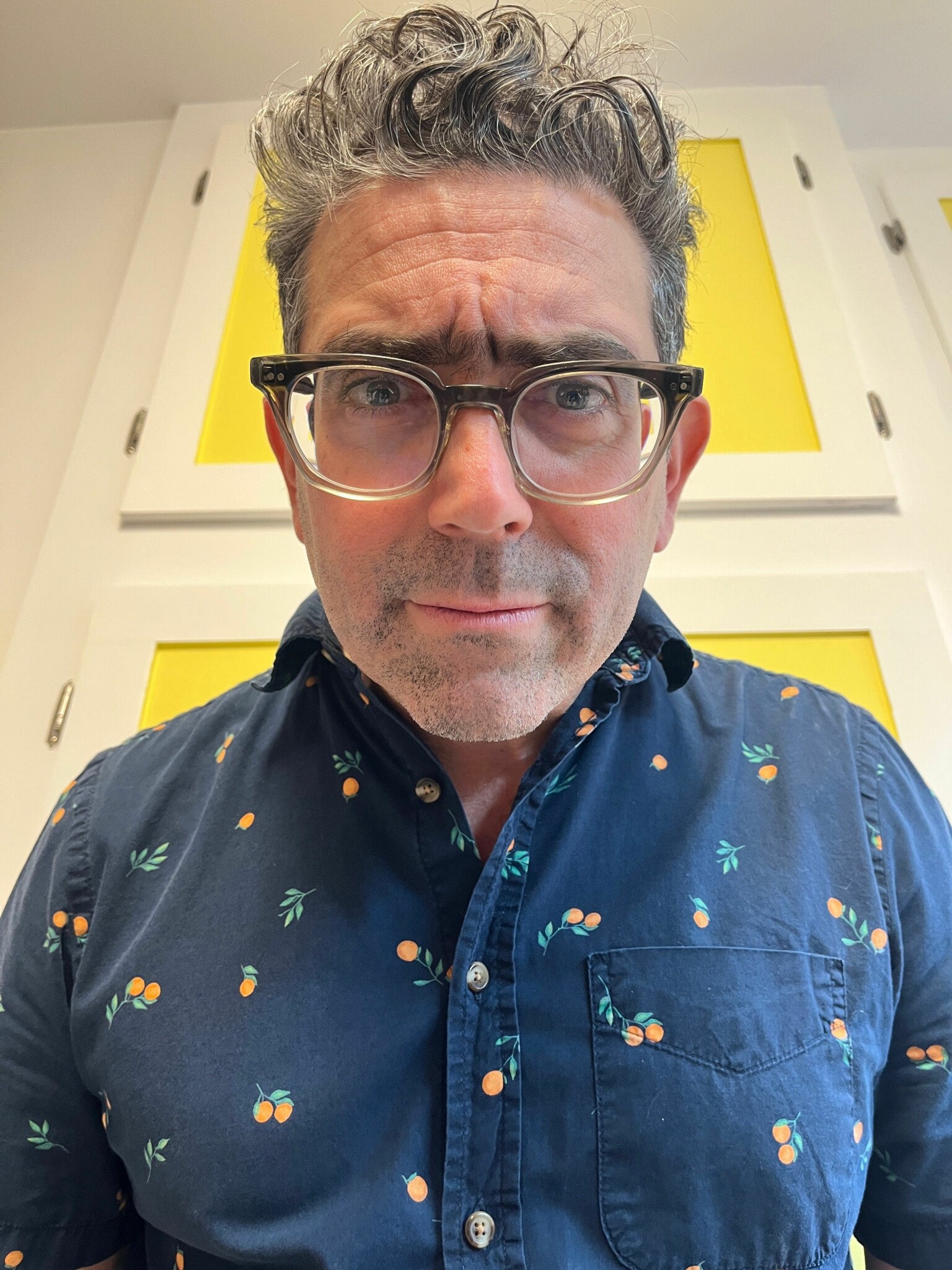
Great, appreciate you sharing that with us. Before we ask you to share more of your insights, can you take a moment to introduce yourself and how you got to where you are today to our readers.
I love being an actor. Any day I get on set is the best day. I often play the idiot in charge. There is nothing more freeing than getting to be wrong with extreme confidence. To look someone in the eye and tell them “you’re doing it wrong” while doing it wrong is so funny to me. The Zucker brothers’ films Like AIRPLANE, TOP SECRET are some of my biggest influences. My absolute favorite are the six episodes of POLICE SQUAD which eventually became the NAKED GUN movies. That deadpan seriousness Leslie Neilson delivered the most ridiculous lines with is knitted into my performance bones. This paid off big time for me when I landed the role of HAL the elevator repair man on the original iCARLY series for Nickelodeon. Half my lines were mostly nonsense and they had to be delivered with deadpan sincerity, or they wouldn’t be funny. To this day people stop me on the street to ask me about it. The character has even been turned into several memes. Doing that part also kicked off my love for doing kids television sitcoms. I’ve done a few more since then, STUCK IN THE MIDDLE, RAVEN’S HOME, DIARY OF A FUTURE PRESIDENT and DANGER FORCE. Acting on these shows is all about silly fun, louder, faster, funnier. At least for the characters I get to play.
Another silly fun show was KEVIN FROM WORK. That was a blast. My character SIMON was a hundred percent idiot in charge. He was the leader of a group of misfit office workers shunned to a less visible part of the office from the main characters of the show. Every couple of episodes I got to come in, say something stupid, and walk out like I just delivered the most important news. That show was created by Barbie Adler, who then got me on LIFE IN PIECES for a couple of episodes.
I’ve had my hand in drama as well with THIS IS US, CHICAGO MED and THE DUECE where I played a porn director. THAT was an interesting day. It was my first time experiencing an intimacy coordinator and I think it is a wonderful addition to the crew. Making sure everyone is comfortable with what’s about to happen makes the scene flourish.
Moving on to what’s happing for me now. You can see me in ANOTHER HAPPY DAY a postpartum comedy by first time writer/director Nora Fiffer and starring Lauren Lapkus. It’s a beautiful and funny movie about a first-time mom dealing with depression and motherhood. Available on Apple TV. Also, LOST AND FOUND IN CLEVELAND about five people and their paths to an antiques appraisal TV show. It stars Martin Sheen, Liza Weil and Dennis Haysbert. Currently this movie is on the festival circuit along with two others, TRICKED & TREATED and A CERTAIN METHOD. You can also see ALL WE HAVE TO DO IS KILL ONE GUY a short I co-wrote and star in with my writing partner, Jason Dugre, streaming on laughafterdark.com .
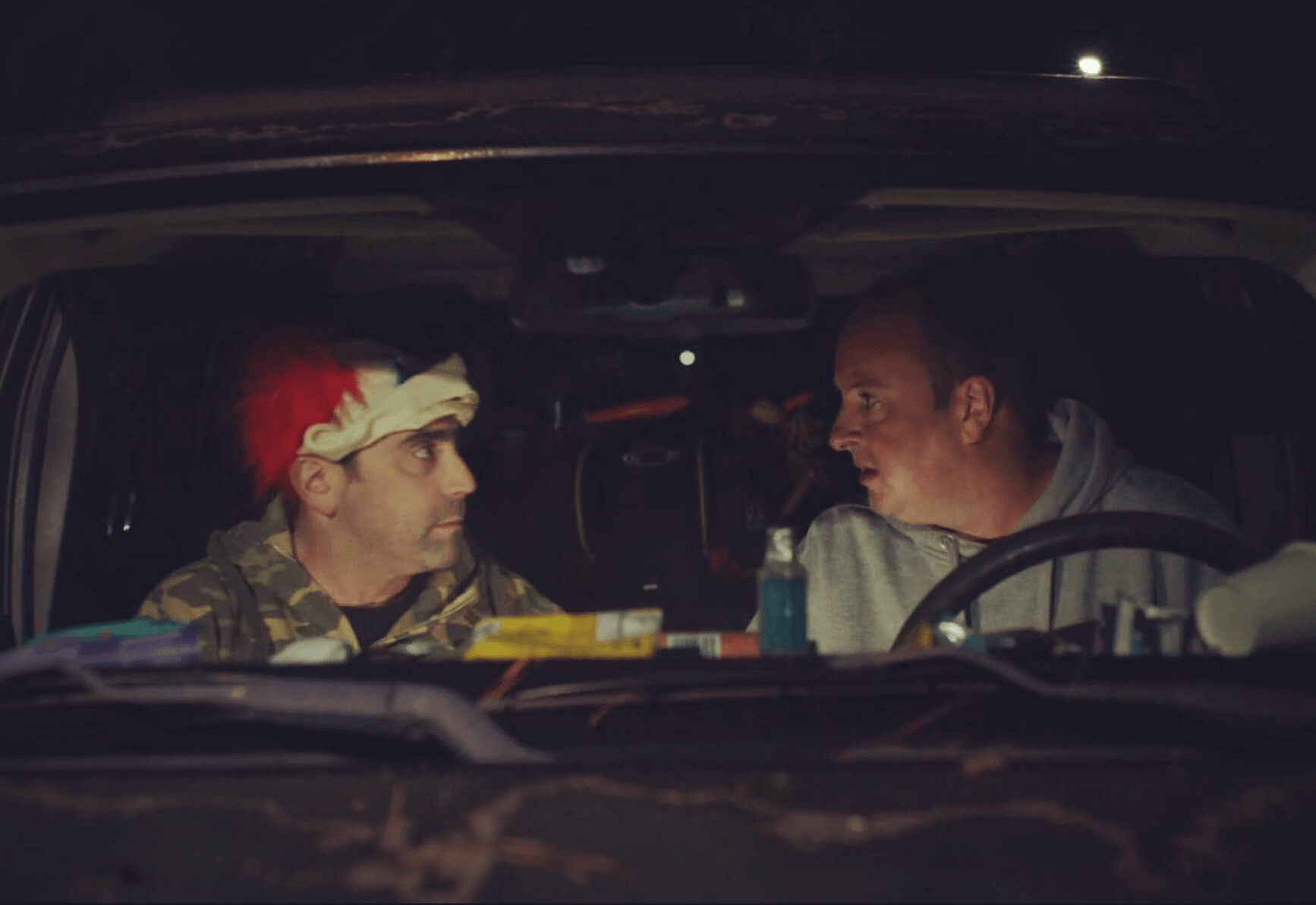
What’s a lesson you had to unlearn and what’s the backstory?
I had to unlearn my definition of networking.
When I landed in LA one word I heard over and over again was “networking.” The more I heard it the more I hated it. What was I supposed to do? Sit in the corner of a bar eavesdropping on industry conversations, walk up to tell them I’m an actor and ask to be in their movie?! Because that’s what I did, and it didn’t work or make anyone feel comfortable.
Eventually this shut me down and kept me from talking to people about my career. Years later after booking work, and making friends I realized, I had been “networking.” All of these personal and professional relationships are now the people I inform when something is happening in my career. I’m also genuinely interested in what is going on with their career. I like to find out what they are doing and offer help if I can. I also ask for help or advice when I need it . I always send a thank you note after booking a job. I try to be a decent human being that loves what I do, knowing that I will find the people who understand me and me them along the way. I really wish that no one ever said Networking to me or at least someone would’ve defined it better. Because it made me behave like a slime bag and put unnecessary pressure on me to make my career happen “right now” and that is not how it works.
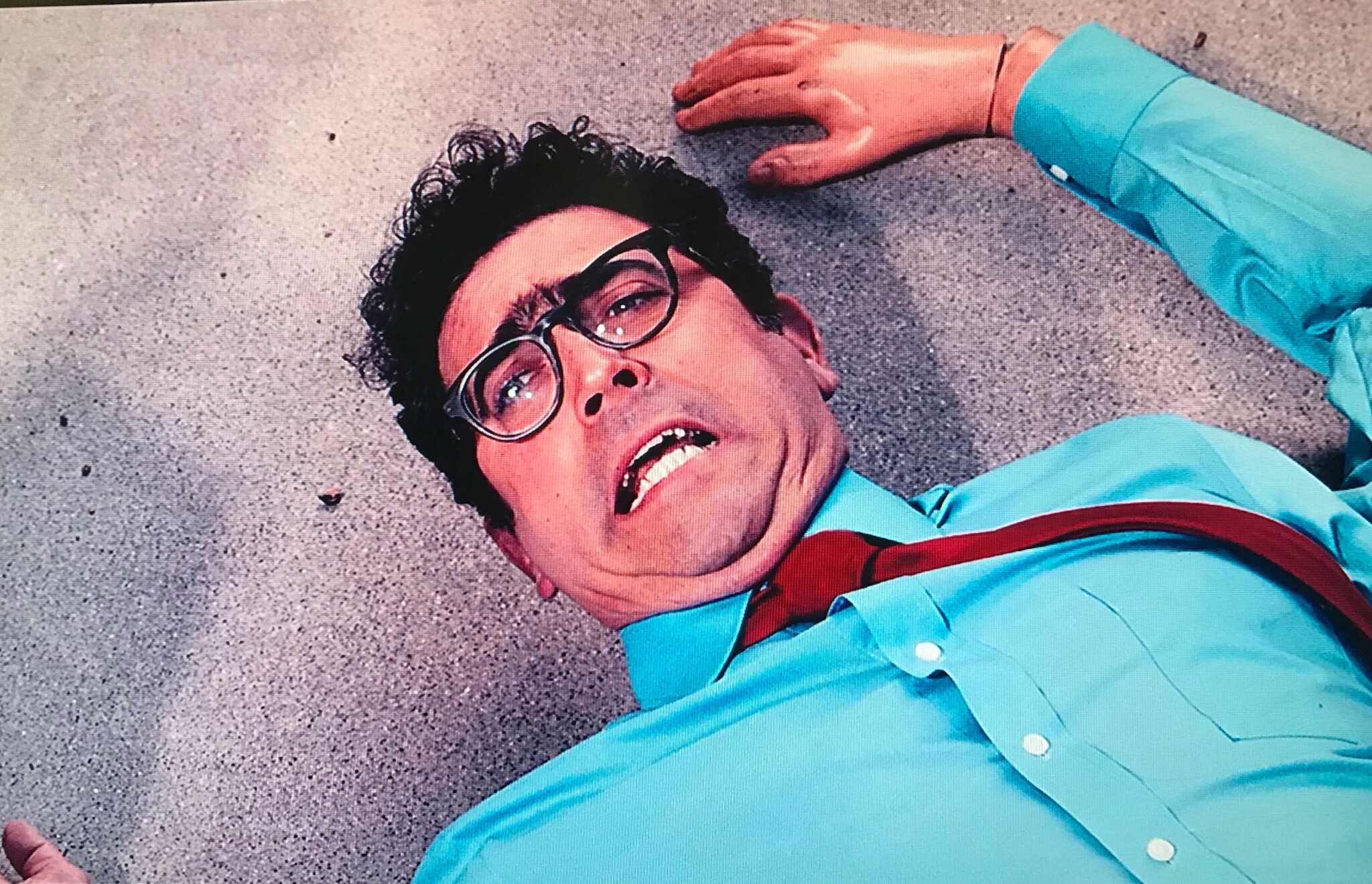
What’s the most rewarding aspect of being a creative in your experience?
The most rewarding aspect is for sure the people I meet. It takes all kinds of artist to get a show made. Sometimes you get to know someone on set and find out they have a whole other creative life. They’re obsessed with some niche I’ve never heard of, or they open my eyes to some new ideas or new way of thinking. Maybe I’ll be able to do the same for them. My hobby off-set is woodworking and restoring my 74-year-old storybook house. So, I’m endlessly curious about the specific construction it takes to build sets and the inventions the builders and prop-masters come up with on the spot to solve problems. I like to know how it works and get to know the people who solved the problem. From top to bottom creativity is flowing in all kinds of way on a set.
Contact Info:
- Website: https://pro.imdb.com/name/nm0168825?s=6eca7100-8553-e63c-0c52-0394916c0db7&site_preference=normal
- Instagram: https://www.threads.net/@bryan.coffee?xmt=AQGzDSoT5hnocruYcR4_nBxe0ZXyQJwdMthR9pm2aUOSZYg
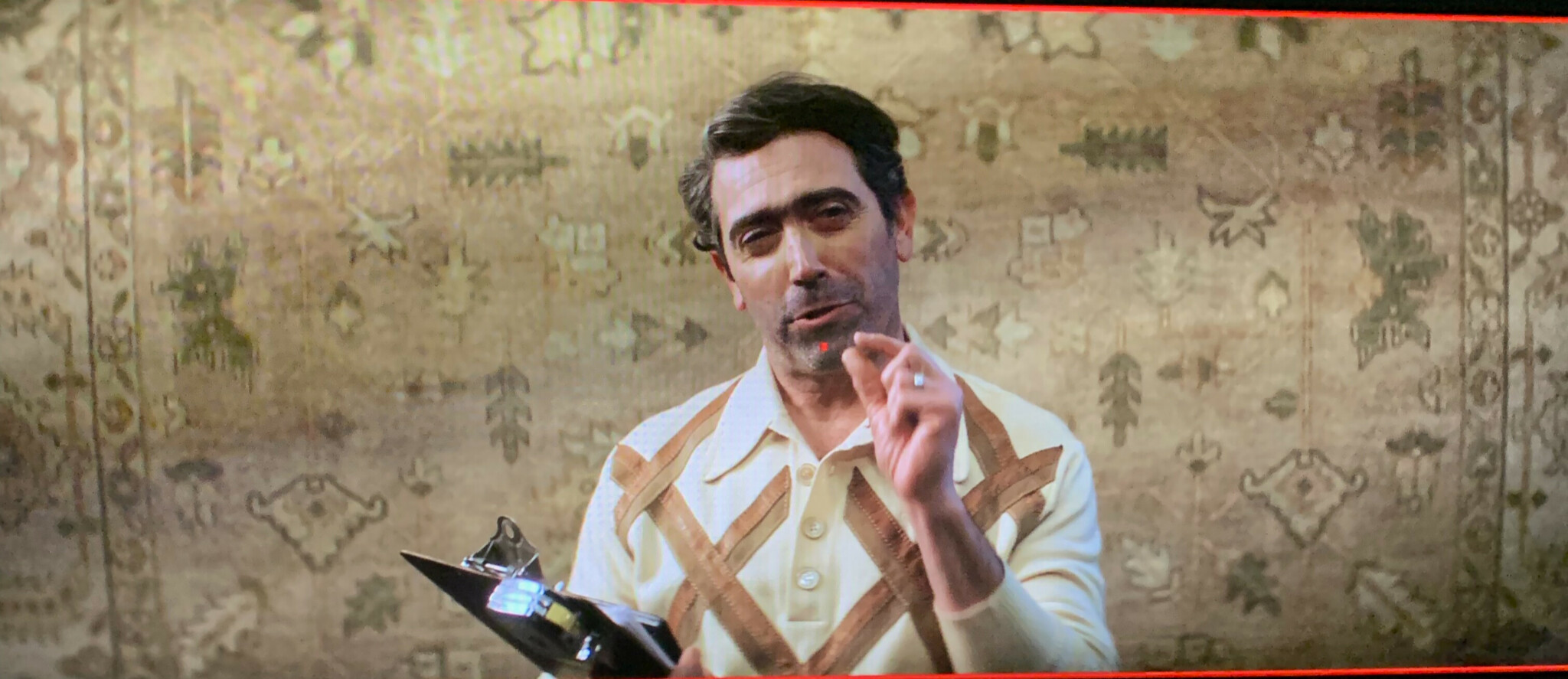
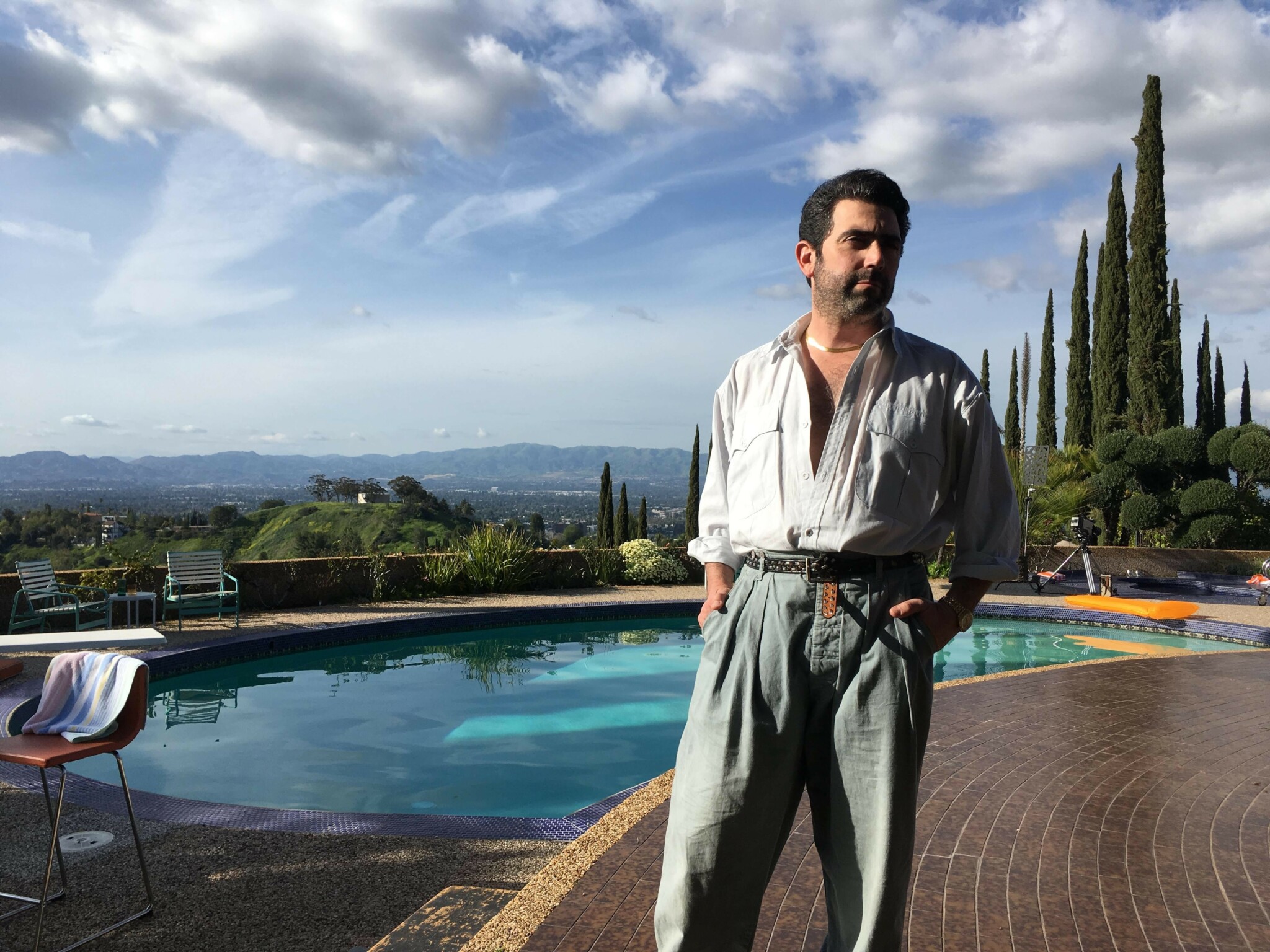
Image Credits
N/A


